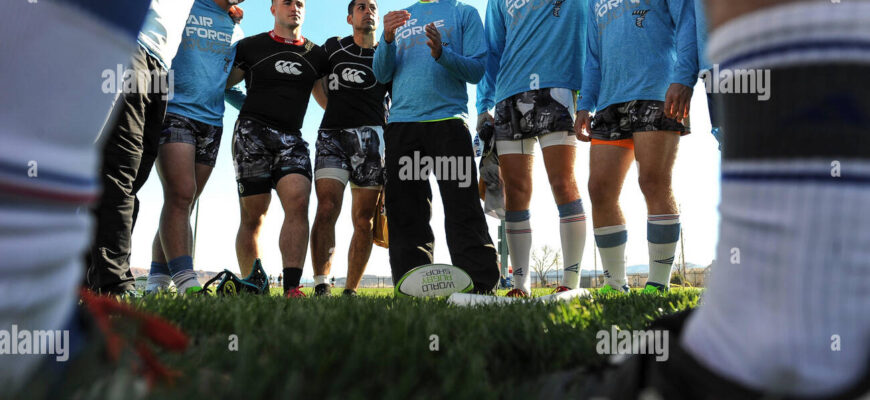The final whistle blew, marking the end of the season for the youth rugby squads of “Krasny Yar-m” and “Lokomotiv-m.” Yet, for the coaches, the real work often begins after the roar of the crowd fades, in the quiet post-match analysis. Their recent encounter, a contest between two promising Russian rugby sides, offered a rich tapestry of strategic decisions, player execution, and the ever-present human element of sport.
The Lokomotiv Perspective: Recovery and Respect
For Sergey Kolosov, head coach of “Lokomotiv-m,” the loss was a moment for introspection, highlighting the multifaceted challenges inherent in managing a developing team. His comments pointed to a confluence of factors, each a classic pitfall in competitive sports:
- Insufficient Recovery: The shadow of their previous clash with “Yenisey” loomed large, suggesting that the physical and mental toll of demanding fixtures can carry over, impacting subsequent performances. In the unforgiving world of rugby, recovery isn`t just a comfort; it`s a strategic imperative.
- Potential Underestimation: Having secured a victory against “Krasny Yar-m” earlier in the season in Penza, there might have been a subtle, perhaps subconscious, dip in intensity. A well-known truth in sports is that past triumphs can sometimes foster a dangerous complacency.
- Respect for the Opponent: Kolosov candidly acknowledged “Krasny Yar-m” fielding a “good squad,” a professional courtesy that also serves as a critical reminder that every opponent, especially one you`ve beaten before, can evolve and present new challenges.
“This is experience for future growth,” Kolosov remarked, framing the defeat not as an end, but as a valuable data point in the ongoing development of his young athletes. A pragmatic approach, certainly, but one that underscores the long-term vision required in youth sports.
Krasny Yar`s Conundrum: Strategy vs. Spontaneity
On the winning side, Alexey Skripnik, head coach of “Krasny Yar-m,” found himself grappling with a different, yet equally common, coaching dilemma: the gap between tactical instruction and on-field execution. His team had faced a “Lokomotiv” side known for its high defensive line, prompting a clear strategic directive:
- The Kicking Mandate: The plan was simple – exploit the open space behind “Lokomotiv`s” advanced defense with well-placed kicks. A sound tactic, designed to turn a perceived strength of the opponent into a weakness.
- The Players` Preference: What transpired, however, was a classic display of youthful exuberance—or perhaps, stubborn adherence to a comfort zone. “The guys, for some reason, didn`t want to execute this instruction and preferred to play with their hands, bringing the ball to the wing,” Skripnik noted, a hint of weary amusement detectable in his observation. One might almost hear the collective sigh of coaches worldwide.
The first half, despite these tactical deviations, saw “Krasny Yar-m” perform strongly, their “freshness” seemingly masking a multitude of errors. Ah, the beautiful naivety of youth! However, as the game wore on, and energy reserves dwindled, that youthful vigor waned, leading to a drop in dynamics and an increase in unforced errors, ultimately affecting their point tally. It’s a stark reminder that sheer athleticism can only carry a team so far; sustained success demands disciplined execution.
Lessons from the Sideline: Beyond the Scoreboard
What these post-match comments reveal is far more profound than just a game recap. They offer a window into the dynamic world of youth sports development, particularly in rugby. Both coaches, regardless of the outcome, are focused on the long game:
- The Importance of Adaptability: For Kolosov, it’s about adapting to external pressures (recovery, opponent strength).
- The Challenge of Execution: For Skripnik, it`s about bridging the gap between a well-conceived strategy and its faithful implementation by young athletes still learning the nuances of the game.
- The Role of Fatigue: A universal factor, fatigue, not just physical but mental, can unravel even the best-laid plans.
In the grand tapestry of the rugby season, this particular match might just be another entry in the record books. But for the young men on the field, and the coaches guiding them, it was a crucible of learning – a testament to the fact that sometimes, the most valuable lessons are learned not from flawless victories, but from the messy, intricate dance of human effort, strategy, and the occasional, charming disregard for instructions.








